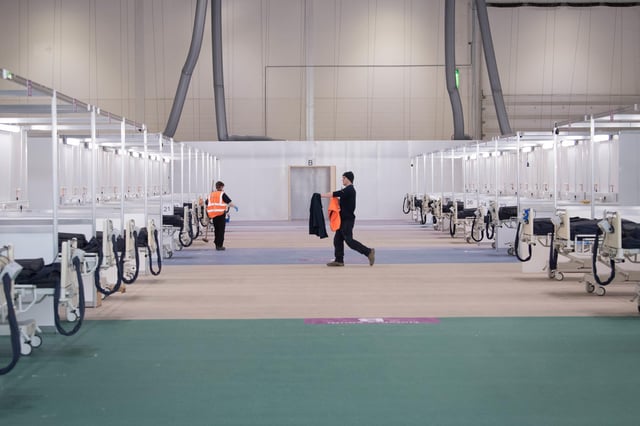“After the collapse of one pillar of the former bipolar world order, it became fashionable in the West to think that the world order could become unipolar, with the U.S. at the helm. In the 1990s, Russia descended into its worst crisis since 1917. It not only ceased to be a superpower, it suffered political, economic, and social collapse as well. It was not even clear that Russia would survive physically. So, perhaps believing that Russian interests and views didn’t matter anymore, Clinton made the decision to enlarge NATO to the east. But just because Russia couldn’t do anything about it at the time doesn’t mean that we accepted it. We never did. Since then the process of NATO expansion has been unstoppable, and so has the subsequent chain of events.”
“It’s not that we view NATO as an existential threat right now. But Russia cannot accept that a country next door would be a member of a military alliance that is hostile to Russia. We are not opposed to Ukraine being democratic. It’s fine with us if a neighbor has a different political and social system. But not a member of an adversarial bloc. Security is the central issue.”
So says from Alexei Gromyko, who "as director of the official Institute of Europe, often serves in an advisory role to today’s Russian leaders" interviewed in a very interesting article by Fred Weir on the way Russians (those in power at least) view the West. Alexei Gromyko is the grandson of Andrei Gromyko, the seemingly eternal Soviet Foreign Minister from 1957 to 1985. He was wittily called 'the Abominable No-man', a sobriquet dating from his time as Stalin's ambassador to the UN.




